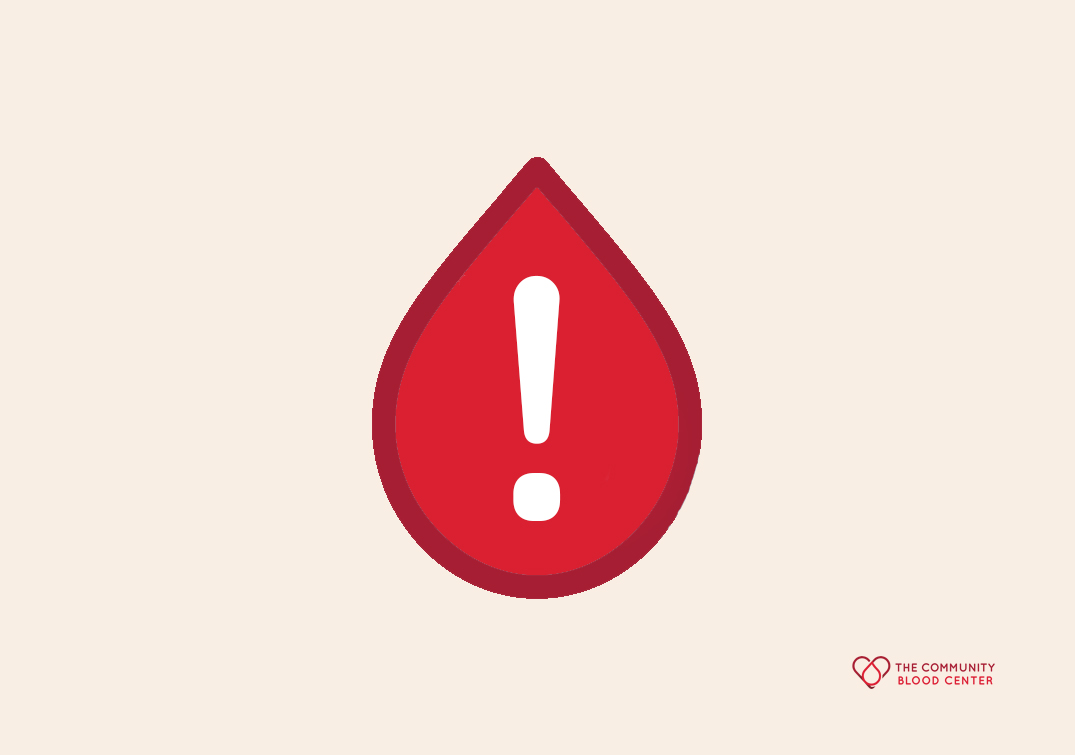Winter Weather Creates Concern for Local Blood Supply
February 23, 2021

The Community Blood Center (CBC) is urging all healthy and eligible community members to make a blood or platelet donation as the blood supply has reached concerning levels due to recent winter weather issues. CBC reports a 25% decline in the blood supply. Blood types O negative and O positive are especially needed at this time.
Every 2 seconds, someone in the U.S. needs blood and that need does not slow down during inclement weather. There is no substitute for the blood transfused to a patient. It must come from a volunteer blood donor. CBC is the sole provider of all blood, platelets and plasma to nearly 30 hospitals in Northeast and Northcentral Wisconsin and the Upper Peninsula of Michigan.
“Blood has a short shelf life and must be replaced constantly,” commented Kristine Belanger, Chief Operations Officer and Vice President of Operations, The Community Blood Center. “It’s essential to life, and it’s critical for us to ensure we can recover from the challenges of the winter weather and replenish the blood supply.”
Type O negative blood is the universal donor and can be safely transfused to any patient, with any blood type. This is the blood type used during traumas and emergencies when there isn’t time to determine a patient’s blood type. Type O positive is the most common blood type, accounting for 39% of the population.
Healthy and eligible individuals, including first-time donors, are encouraged to schedule an appointment at communityblood.org or by calling (800) 280-4102. CBC has donor centers in Appleton, Oshkosh, Little Chute and Woodruff and donation opportunities at various drives throughout Wisconsin and the Upper Peninsula of Michigan
Safety is a top priority at CBC. The following safety practices are in place:
- Appointments required: to ensure social distancing and manage the number of people gathered at one time
- Limited staffing: only those necessary to the blood collection process are allowed to work onsite
- Masks: are worn by all staff members and encouraged and provided for all donors
- Temperature pre-screening: to ensure health of donors immediately upon entry and staff before they work onsite
- Physical barriers: to add an extra layer of protection
- Enhanced registration: to protect your personal space and minimize exposure
- Snacks: all donor snacks are individually wrapped
- Hand wash and cough etiquette: is practiced by all staff members
- Additional sanitizing: in addition to the already rigorous cleaning process


